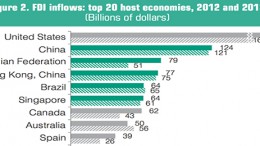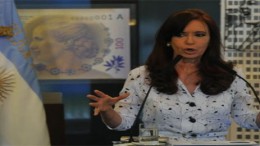Crude oil: It’s a turning point
LONDON | By Kevin Norrish at Barclays | What’s all the fuss about? On many occasions over the past few years, oil prices have spiked higher only to fall back rapidly into the prevailing trend of narrow range trading and steadily falling volatility. So is the recent pickup in oil prices anything more than just another blip?




